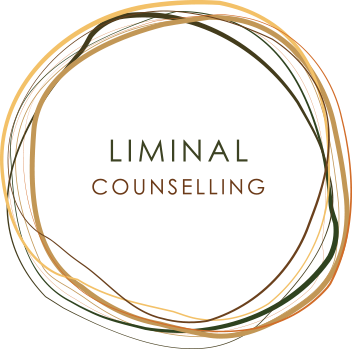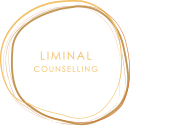The Game of Life
Life is often described as a game of cards. You don’t get to choose the hand you’re dealt, but you do get to decide how to play it. When it comes to childhood trauma, this analogy takes on significant weight. Many of us grow up in environments that shape our understanding of the world and our place within it. The family we are born into, the money we may or may not inherit, and the emotional climate of our upbringing all contribute to the “cards” we are given. While we cannot change those initial conditions, the power lies in how we move forward.
The Hand You’re Dealt
None of us choose where we’re born, who our parents are, or the circumstances that shape our early years. Childhood trauma can manifest in a variety of ways—through neglect, abuse, or even the absence of a nurturing environment. It might seem unfair, and indeed, it often is. These foundational years are beyond our control. However, how we navigate and respond to our early experiences is within our power.
Childhood trauma can feel like a weight that follows us into adulthood, influencing our decisions, relationships, and sense of self. The feelings of helplessness and the patterns that emerge from those early wounds can lead to cycles of pain, but it’s important to remember: the cards may be handed to you, but you choose how to play them.
The Blueprints We Inherit
As children, we are constantly observing and internalizing the world around us. Our immediate family, or caregivers, become the first architects of our emotional and social blueprints. They teach us how to be in relationships—how to love, how to argue, how to forgive, how to cope with stress, and how to nurture ourselves and others. These blueprints can serve us well if they are healthy, but they can also set us on a difficult path if they are dysfunctional.
For many, these blueprints may include patterns of abandonment, emotional neglect, or unhealthy conflict resolution. In cases of trauma, these blueprints become faulty roadmaps for adult relationships. If your caregivers didn’t model love, safety, or respect, then you might find yourself struggling to maintain healthy connections in your adult life. The good news is that, just like a house can be remodeled, these blueprints can be revised.
Revising Faulty Blueprints
Recognizing that you have inherited poor relationship models is the first step in overcoming childhood trauma. This realization can be painful, as it often forces us to acknowledge that our caregivers—who we may still love deeply—were unable to provide us with the emotional tools we needed. However, it is essential to understand that healing does not require assigning blame but rather understanding the patterns that shape your current behavior.
Once you identify these faulty blueprints, you can begin the process of revision. This may involve therapy, self-reflection, or developing new models of healthy relationships. For many, trauma-focused therapies such as EMDR (Eye Movement Desensitization and Reprocessing) or somatic therapies can help untangle the deeply embedded emotional responses that stem from childhood trauma.
Building new blueprints is not easy. It requires patience, effort, and a willingness to sit with discomfort. But it is possible. You can learn to build healthier, more supportive relationships that are based on trust, mutual respect, and open communication. This process is like learning a new language—one where emotional fluency is developed over time through practice.
Embracing Agency and Choice
One of the most empowering steps in overcoming childhood trauma is embracing your own agency. You may not have chosen your upbringing or the trauma you endured, but you do get to choose how you respond to it now. The cards you were dealt may feel limiting, but they are not the entirety of your story. In fact, many people who have experienced childhood trauma go on to lead lives filled with joy, connection, and purpose—by making active choices to heal.
Healing from trauma is not about erasing the past. Rather, it’s about integrating those painful experiences into a larger narrative that includes growth, strength, and resilience. It’s about choosing how you want to move forward, despite the hand you were dealt. You will always know the trauma happened, but it does not need to cause you any current distress once you have adaptively reprocessed what you went through.
Moving Forward: A Journey, Not a Destination
Healing from childhood trauma might be a lifelong process. At each new development stage, different pieces of the trauma may resurface in a new way. Healing is about continuous growth and self-compassion. Some days will be harder than others, and that’s okay. What matters most is that you are choosing to actively engage in that process—to revise your blueprints, to play your cards with intention, and to take control of your own story.
You are not defined by the trauma you experienced as a child. You are defined by what you choose to do with the cards life has given you. If you need help sifting through the “cards” of your life, Liminal Counselling in Ajax, ON is here to help. You can heal, you can grow, and you can create new blueprints for yourself and for the people you love. It’s not about forgetting where you came from—it’s about choosing how you move forward. The work you do now can also positively influence the next generation. Being a cycle breaker takes a tremendous amount of effort, but the peace that comes from knowing your children get to experience something wildly different and positive than what you did, is unmatched.
In the end, life is not about the hand you’re dealt, but about how you choose to play your cards. And in that choice, lies your power.






